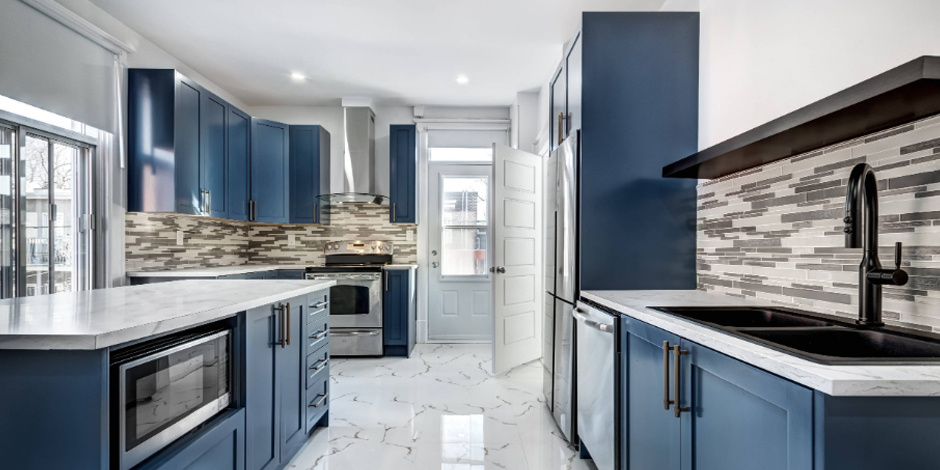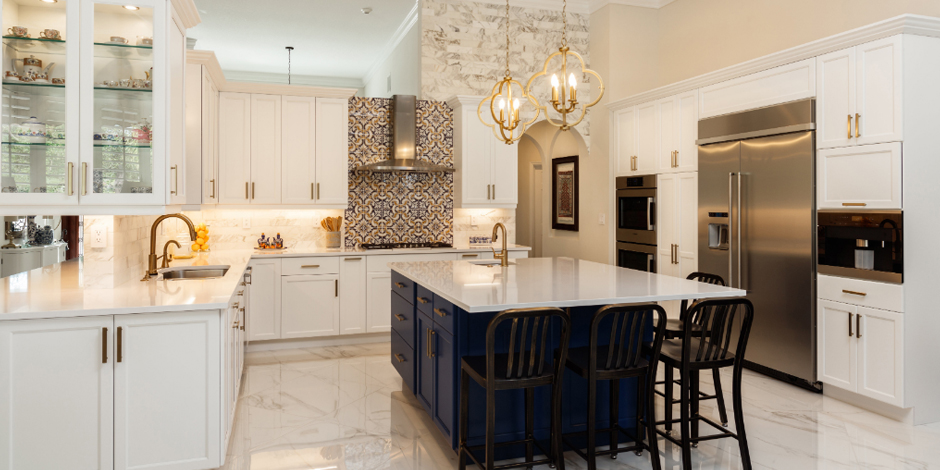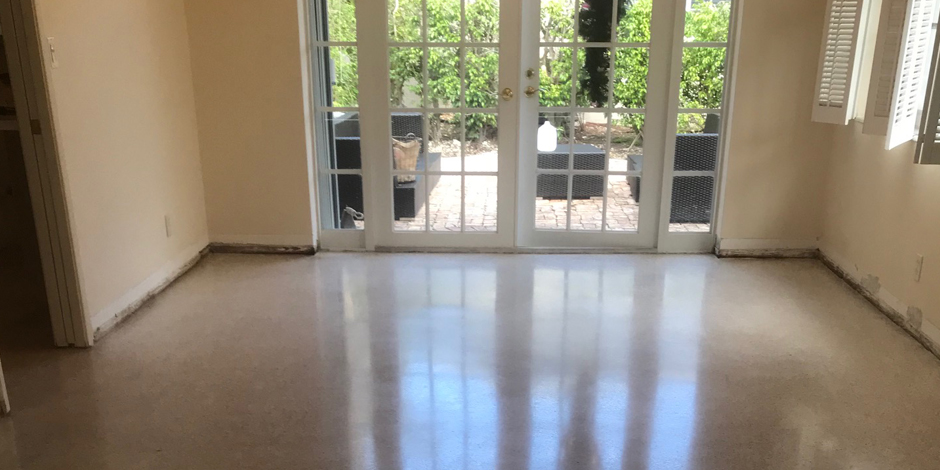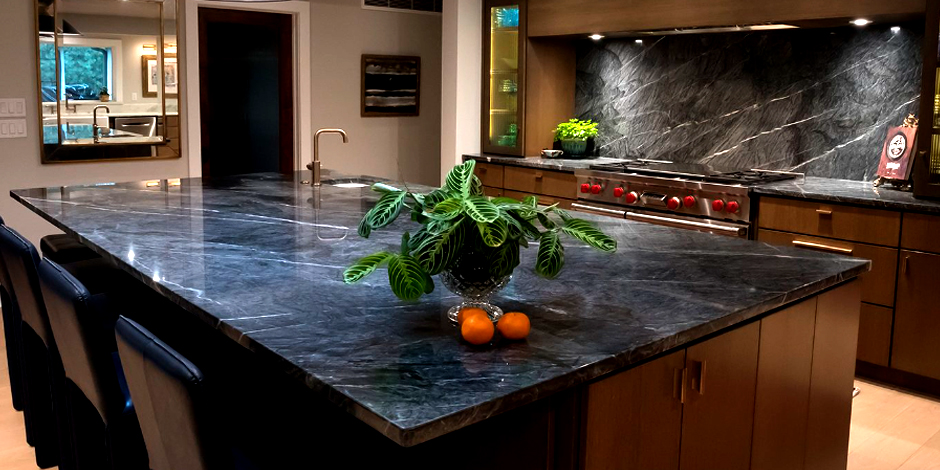When it comes to high-end kitchen renovation plans, homeowners often compare quartz and granite countertops as the top contenders. While both materials offer impressive features, quartz countertops restoration are often favored for their perceived benefits in terms of sealing and resistance to staining.
Quartz countertops, also known as “engineered stone,” are manufactured by combining 93% quartz, a component found in granite, with resin and pigments. This binding process creates a durable and permanent medium. The resulting slabs come in sizes comparable to those found in granite warehouses and exhibit properties like high heat, scratch, and stain resistance similar to granite countertops.
It’s important to note that quartz and quartzite are two different materials that are often confused by consumers.
Several reputable brands produce quartz countertops, including Silestone, Avanza, Caesarstone (pictured above), Cambria, and Zodiaq. Silestone holds the largest market share in this industry.


If you buy from one of the top brands, you’ll get the same benefits of quartz as the manufacturing process for engineered stone is basically the same from all companies.
The best brands use the patented Bretonstone technology and factories to produce their quartz slabs. Brentonstone plants and method produce the highest-quality quartz.
However, in recent years many knock-off brands of quartz have hit the market using an inferior manufacturing process that contains more resin and less of the hard quartz mineral.
The result is a surface that is more prone to chemical discoloration, dullness from abrasion, stains, and heat damage.
Differences in colors and patterns and other aspects do exists among the top brands, but performance of the Breton stone material is the same.







 Content Writing
Content Writing Video Marketing
Video Marketing Graphic Design
Graphic Design Lead Magnet Creation
Lead Magnet Creation Content Marketing
Content Marketing